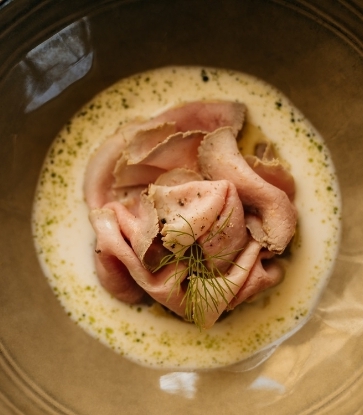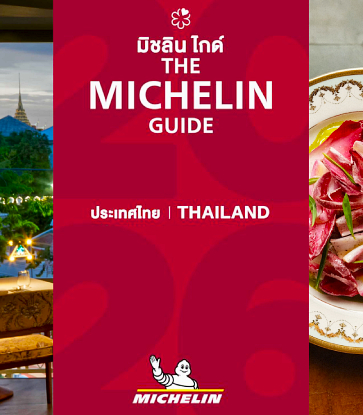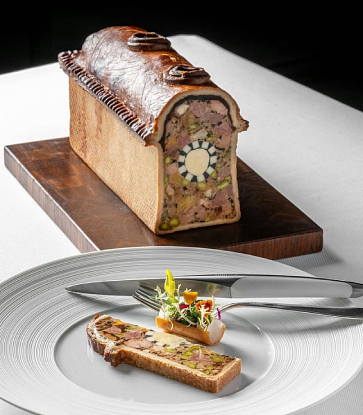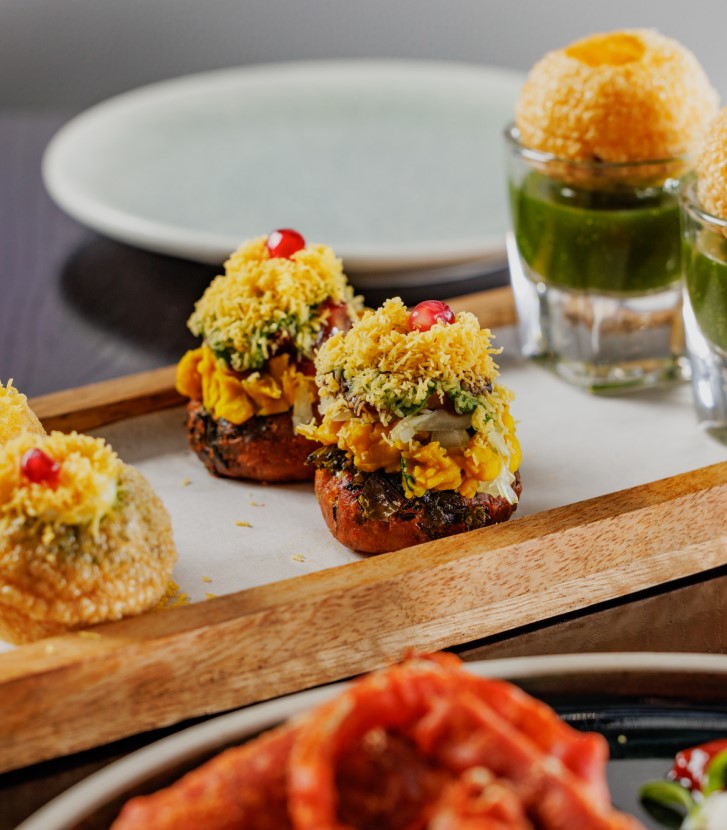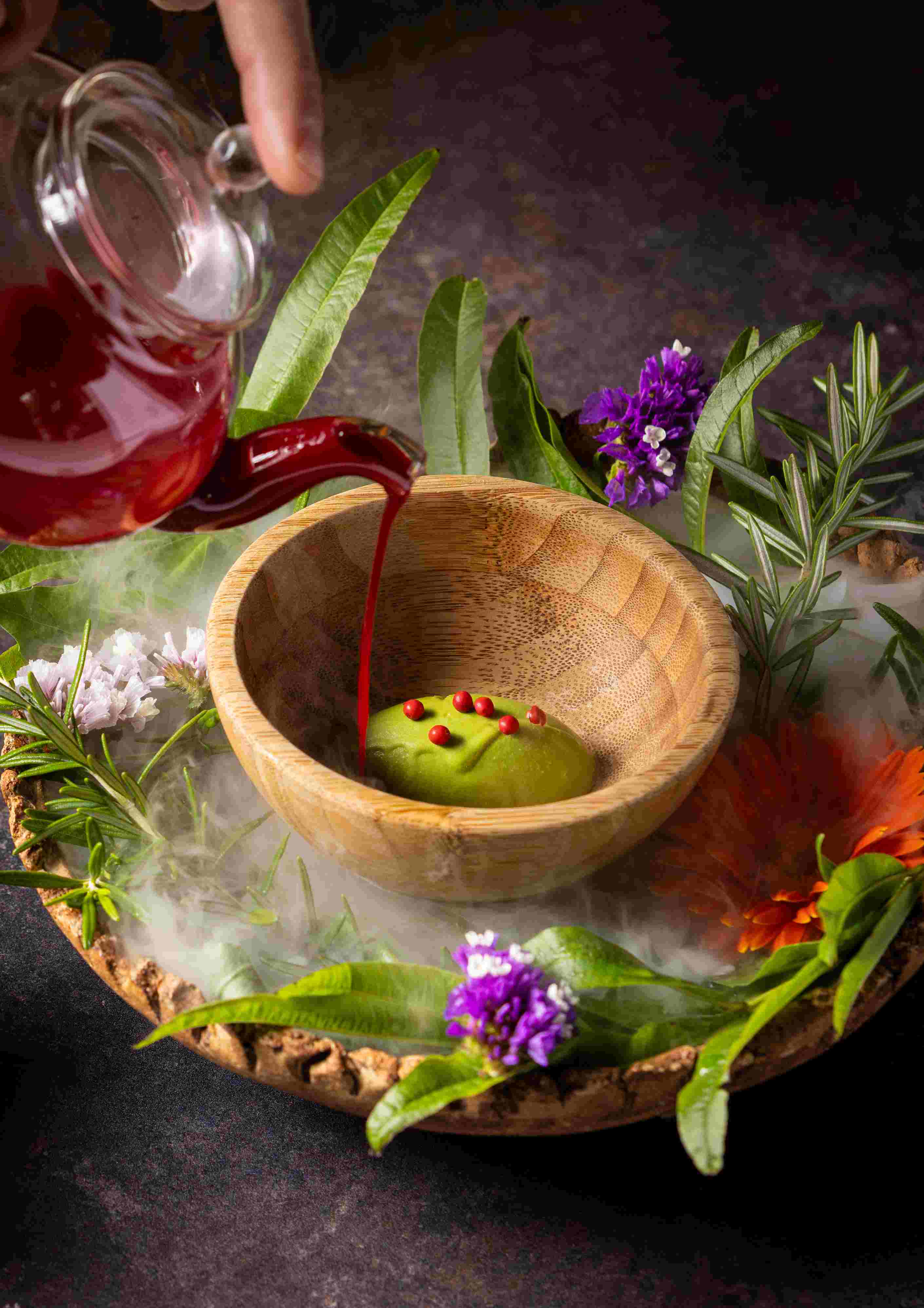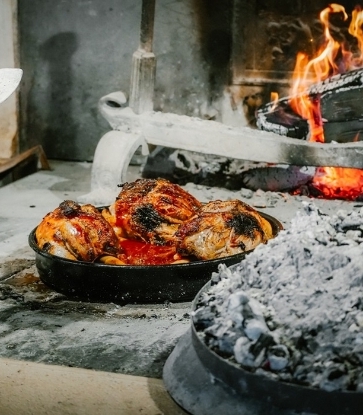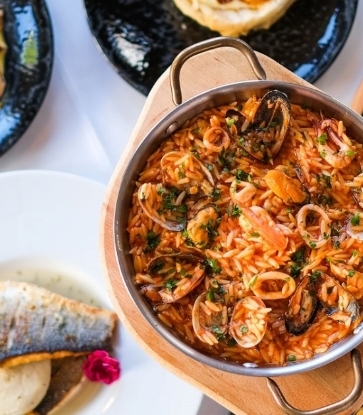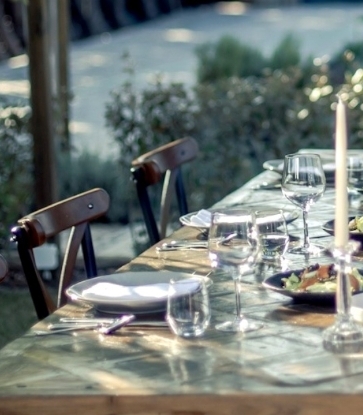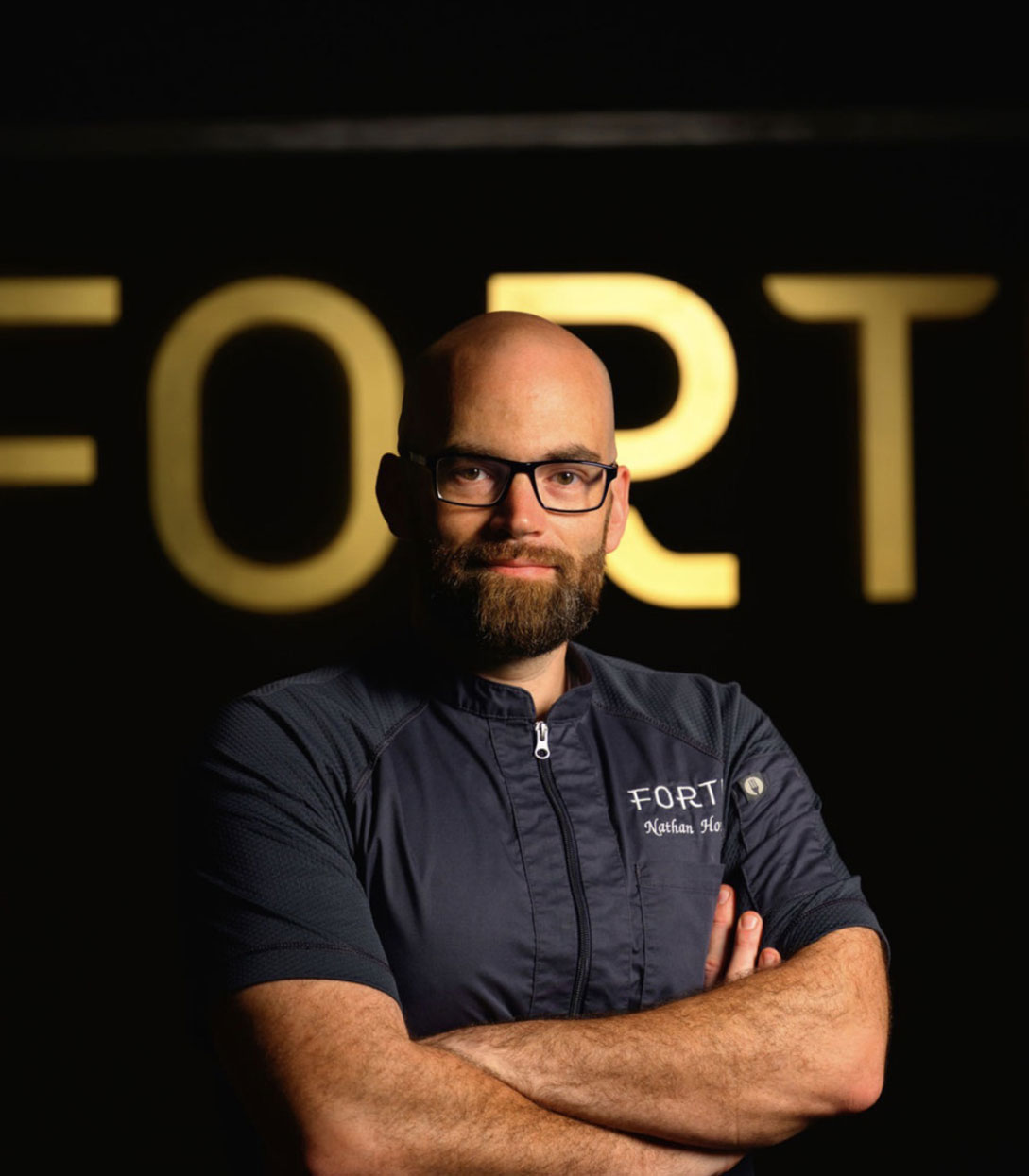Chef Anita Lo is a New York City legend, as was her West Village restaurant Annisa, which closed after holding court on Barrow Street for 17 years. In a day and age when great neighborhood restaurants are few and far between, Annisa was an unpretentious Michelin-starred refuge that turned first-timers into regulars and regulars into Lo loyalists.
It's been a little more than a year since the last foie gras soup dumpling was sent out on the pass, but the question on everyone's mind remains: Will we ever get to eat chef Anita Lo's food again?
The 2018 documentary The Heat: A Kitchen (R)evolution about female pioneers such as Lo—who has not only long been spoken out about women in the kitchen, but also people of color and members of the LGBTQ community—leading the charge in cooking's notorious boys' club, captures intimate footage of Annisa's last service and offers a glimpse at how beloved the restaurant really was.
"There is another table that would really love to meet you if possible," a server tells Lo as she's in the middle of directing the kitchen chaos. "They've been here a number of times."
In a mere 10 paces from the line to the dining room, Lo transitions from calling out orders to greeting a packed dining room. There are hugs. There are selfies. There are cards. There are more hugs.
"She defined a certain place for female chefs in this industry," Dirty Candy chef/owner Amanda Cohen says in the film, citing Annisa's Michelin star and three-star review from the New York Times.

Accolades aside, for Lo it was a much more personal matter that remains a highlight of her time running Annisa. "One of my crowning moments in my career is after we had the fire. We were closed for nine months. It was difficult. We didn't pay anyone and every single employee except for one came back. I want to be remembered for that, not getting upset with a cook that just got started," says Lo.
So why close up shop?
"The staffing issue threw me over the top," says Lo. "At the moment there is a staffing crisis in New York; no one can afford to live here. It's getting better but now restaurants aren't making money."
"There's just so many moving parts in a restaurant. One month some $50,000 piece of equipment could go down and, you know, do you have that or not? We don't really get into this to be business people or even make money on some level. But if you don't, you can't cook," says Lo. "Even when you're doing well, it can be stressful."
Adding the documentary's camera crew into the mix wasn't exactly easy, but Lo knew she had to do it. "It was difficult. We were stressed as it was trying to close the place down. There were so many loose ends to be tied up. Everyone wanted to talk to me and you're being followed by cameras. It was a little stressful. But I really think these issues need to be talked about, which is why we did it. It's not easy in a tiny New York City kitchen."
It hindsight, it may have also offered the chef some validation. "I realized how tired I was. I was exhausted," she says. "Everyone asks, 'Aren't you going to miss being chef Anita Lo?' I'm still Anita Lo. 'Did part of your identity get lost with Annisa?' I don't know. I think it was the right move."
In the film, however, Lo tells her staff, "I will always be here," as the team raises a glass at the end of the final night. In fact, Lo has a cookbook coming out this fall published by Knopf entitled Solo: A Modern Cookbook for a Party of One, full of quick and easy recipes.
Not only that, but the chef is officially back on the market. "I'm looking for other opportunities," she shares.
When asked if she would ever take over a restaurant or team up with a chef who had been accused of sexual harassment, such as the Spotted Pig, the answer is clear: "I would absolutely say no."
"I do think it is everyone's responsibility as a member of society to not be a part of letting that keep going. As leaders in this community we need to stand up for the the victims and for what's right. As a human being you need to stand up for what's right," she says.
Just what those opportunities look like, then, is still up in the air—especially as rents keep rising in NYC and staffing continues to be an issue. "I think we need to find new ways to work. It's unfortunate that only the elite can have restaurants." Lo continues, "What's worse is that it's now all corporate. Sure, there's some good ones—[Danny Meyer's] Union Square Hospitality Group is a great corporation—but those are the people who can afford to run a restaurant here and turn a profit."
"I've been doing this for almost 30 years," Lo says in the documentary. "I'd like to see what else I can do."
And so would her loyal fans.
Photos courtesy of Anita Lo.








